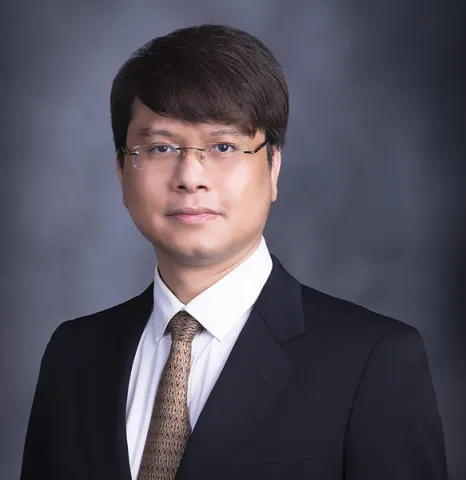About the project
This PhD project aims to develop error-tolerant AI processors for cryogenic and space electronics using optomemristor technology, which mimics neural networks and offers ultra-fast, low-power computing. Collaboration with Von Ardenne GmbH provides industrial insights into material processing and photonic integration for advanced chip design.
Cryogenic processors are gaining interest due to the rising demand for cryogenic and space electronics. However, today’s processors are based on CMOS technology that is prone to freeze attacks and magnetic interference at low temperatures. In this project, you will invent a novel building block of processors based on memristor technology to achieve error-tolerant AI chips. Memristor is an emerging memory technology that can mimic a biological neural network, rendering low-powered neuromorphic computing. Memristor can also be programmed with optical stimulation, thus called optomemristor, demonstrating its unique feasibility to be integrated with photonics for ultra-fast operation.
Von Ardenne GmbH, Germany (VA) will be the industrial partner of this project, and you will have the opportunity to visit VA facilities and collaborate with VA engineers who can provide support on materials processing and characterisations.
In the 1st year:
- you will build your first optomemristor chip prototype utilising Southampton’s and Von Ardenne’s state-of-the-art cleanroom facility
- you will learn nanofabrication (thin film engineering and lithography technique) to fabricate a wafer-scale massive array of optomemristor and surface/interface analysis (advanced microscopy and spectroscopy tools) to evaluate the quality of your prototype.
In the 2nd year:
- you will develop a protocol to encode data via laser pulses under a magnetic field at cryogenic temperatures
- you will learn electrical characterisation techniques to evaluate the synaptic capability and performance of your prototype.
In the 3rd year:
- you will design a neural network based on the experimental results and evaluate the computational accuracy of your chip
- you will learn how to inject noises into the algorithm to emulate the interference induced by magnetic field and cryogenic temperatures, and develop error correction mitigation strategies.
The School of Electronics & Computer Science is committed to promoting equality, diversity inclusivity as demonstrated by our Athena SWAN award. We welcome all applicants regardless of their gender, ethnicity, disability, sexual orientation or age, and will give full consideration to applicants seeking flexible working patterns and those who have taken a career break. The University has a generous maternity policy, onsite childcare facilities, and offers a range of benefits to help ensure employees’ well-being and work-life balance. The University of Southampton is committed to sustainability and has been awarded the Platinum EcoAward.
